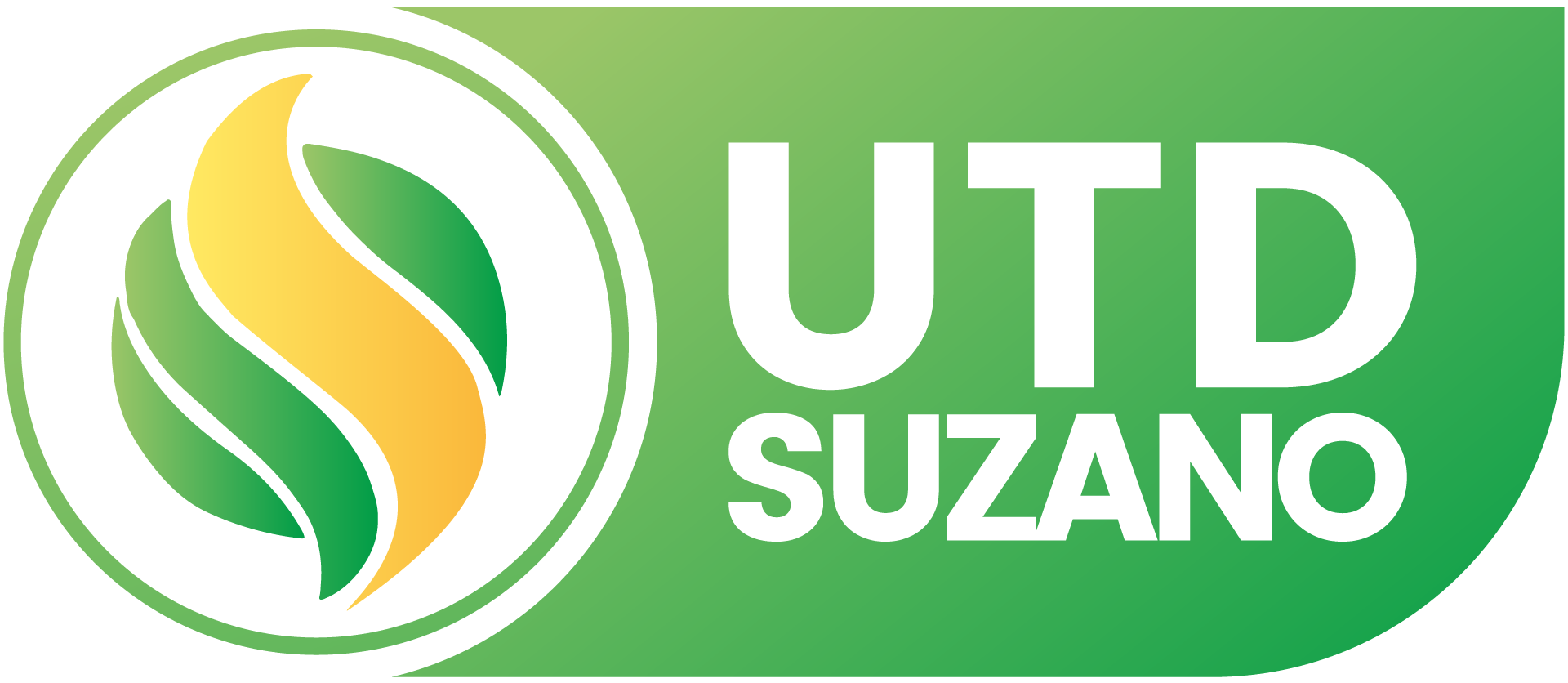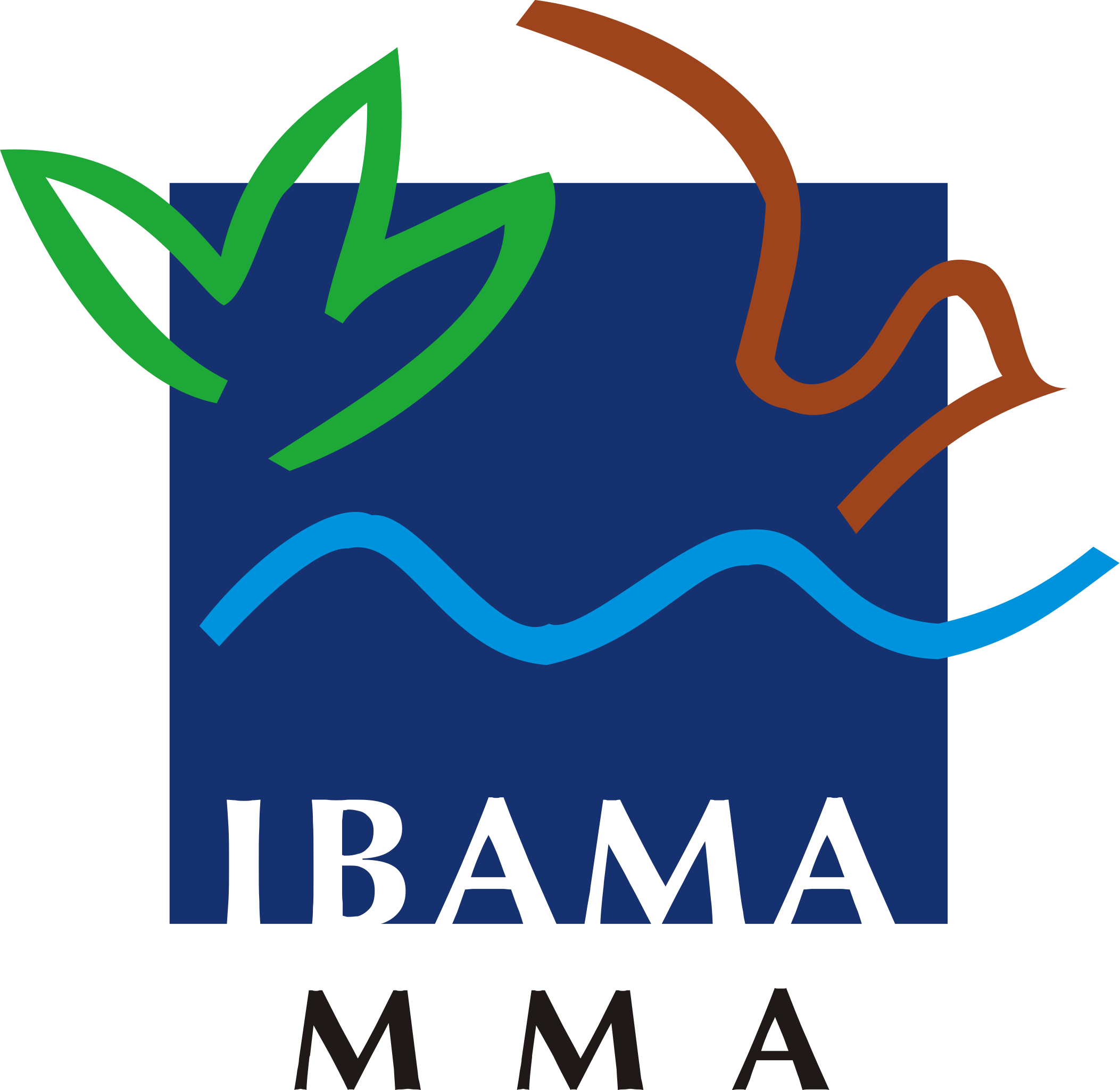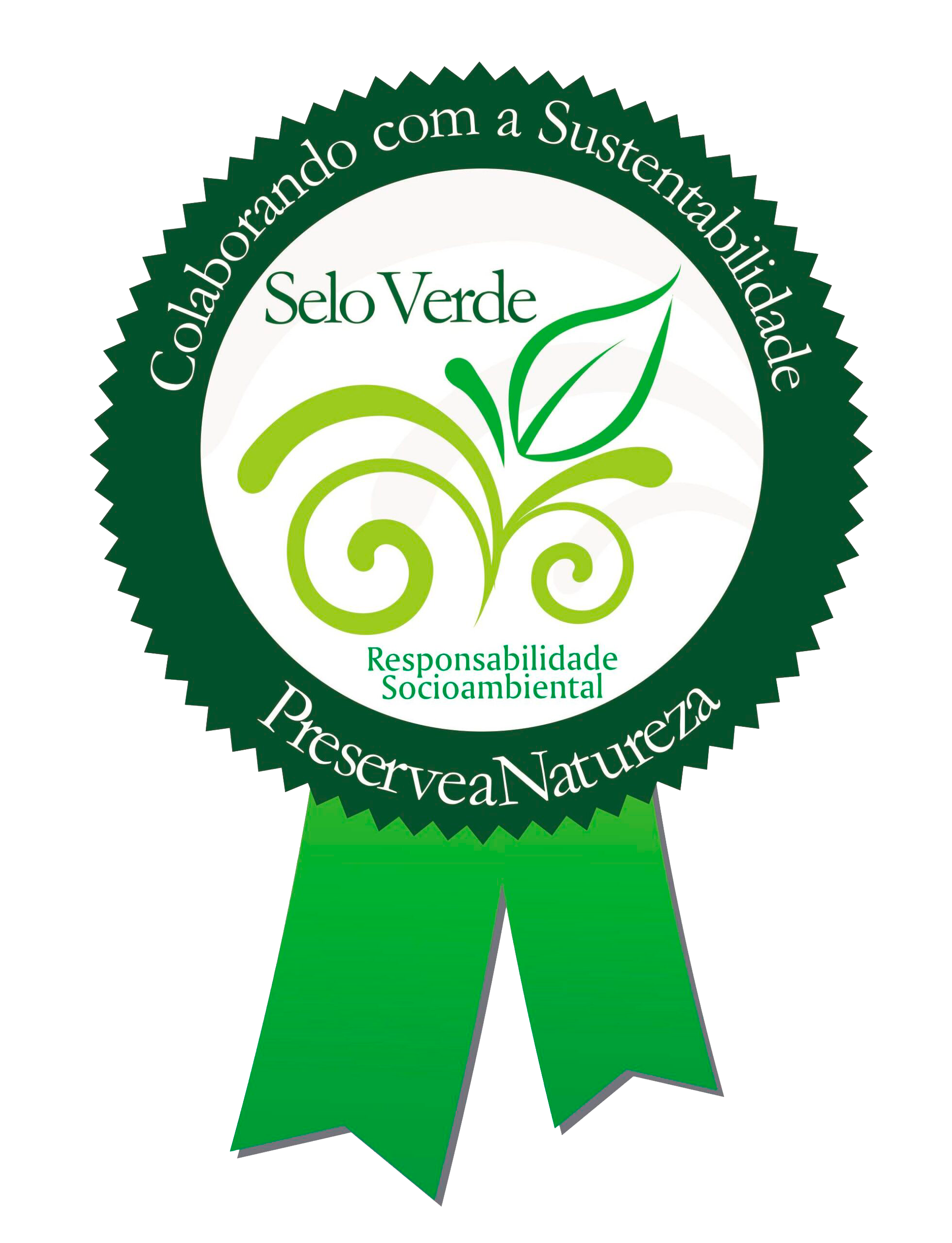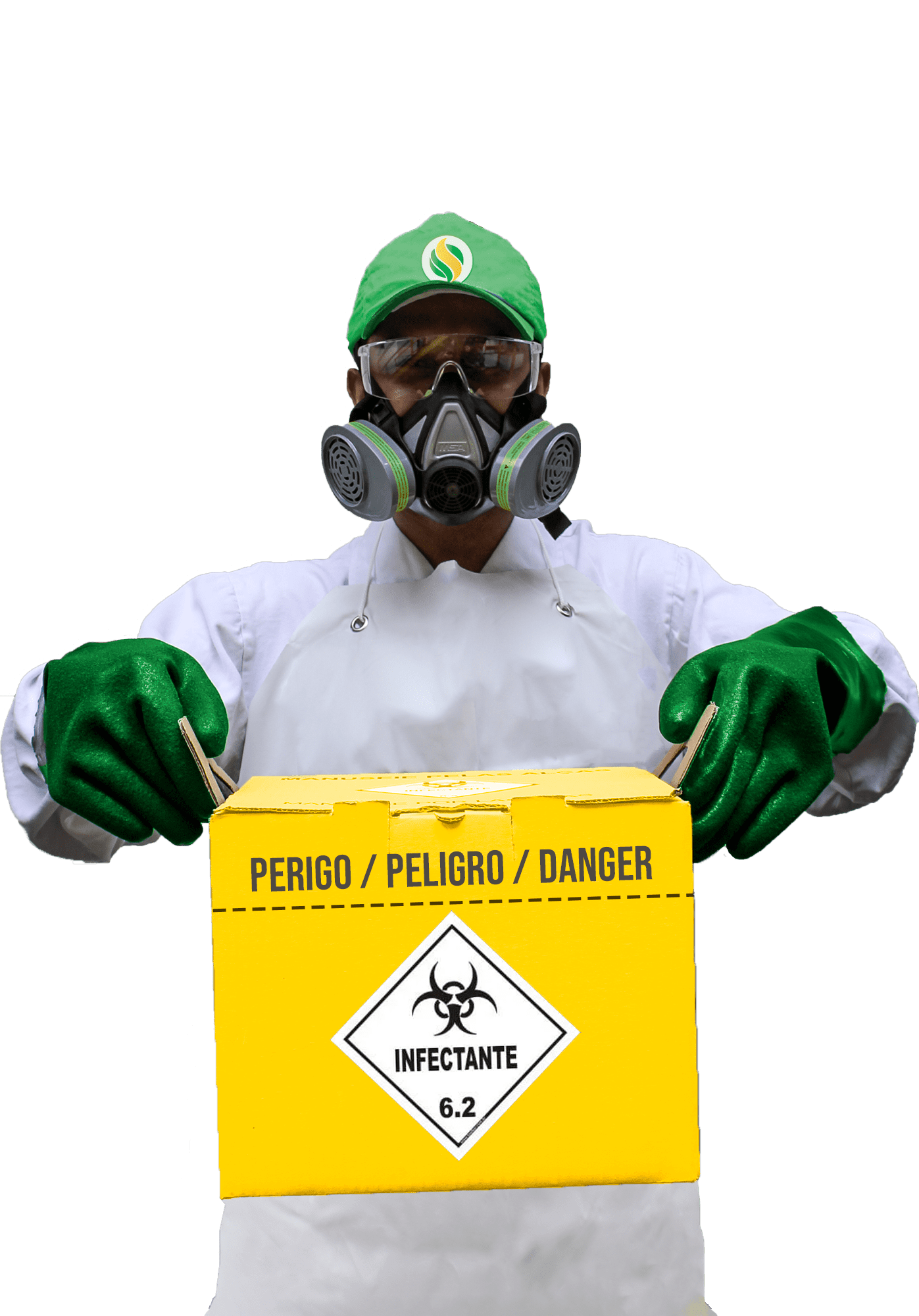CETESB published in April 2025 Board Decision No. 020/2025/C, bringing important changes to the instruments that control the movement of environmentally significant waste in the State of São Paulo.
Among the new updates are changes to CADRI requirements, specific rules for Collective CADRI, targeted exemptions, and the inclusion of new mechanisms such as interstate technical assessments.
If you work with waste management, transportation, or disposal, it is essential to understand what has changed — and how it impacts your business. Below, we explain the main articles and their implications point by point.
Art. 1 — Definitions of Control Instruments
The decision begins by explaining the documents used to authorize and monitor the transport and disposal of waste:
• CADRI is the mandatory authorization that defines where the waste will be taken and what will be done with it (such as recycling, treatment, or final disposal).
• Collective CADRI applies to small quantities of waste generated by multiple companies of the same type, transported by a single carrier.
• Technical Assessment is a document that replaces CADRI in specific cases, such as interstate movements.
✅ Explanation: CETESB clarified what each type of document is for, so companies and municipalities know exactly which one to use in each situation.
Art. 2 — Environmentally Significant Waste
The regulation includes an updated list of waste types considered environmentally significant — in other words, those requiring stricter control. These include hazardous waste, hospital waste, waste from ports and airports, contaminated soil, industrial sludge, among others.
✅ Explanation: This list is the starting point to determine whether CADRI is required. It’s essential to consult it before any waste is moved.
🔗 The list is available in the sole annex of the decision, published on CETESB’s website or in the Official Gazette on 04/28/2025.
https://cetesb.sp.gov.br/licenciamentoambiental/outros-documentos/
Art. 3 — CADRI Requirement for CETESB-Licensed Activities
The main rule is: if your activity is licensed by CETESB and generates environmentally significant waste, you must obtain a CADRI.
The decision also defines situations where CADRI is not required, such as for waste collected by public authorities with no identified generator, or when the generator is licensed by the municipality — except for hazardous healthcare waste and contaminated soil, which still require CADRI.
✅ Explanation: The regulation clarifies when CADRI must be issued, helping businesses understand their obligations. The goal is to focus control on waste that poses greater environmental risks.
Art. 4 — New Rules for Collective CADRI
Collective CADRI now follows new rules:
• It may only be requested by companies that group together waste generators from the same activity (e.g., only gas stations or only pharmacies, not a mix).
• Each CADRI may include a maximum of 50 generators.
• Each company may generate up to 20 kg per day or 7.3 tons per year of the same type of waste.
✅ Explanation: These new rules aim to increase control and organization of transported waste, but also require companies to be more careful when forming groups for collective applications.
Art. 5 — Technical Assessment for Waste from Other States
A technical assessment from CETESB is now mandatory whenever waste is transported between states. In other words, if waste comes from outside São Paulo to a company licensed by CETESB, this document is required.
✅ Explanation: This measure strengthens control over interstate waste movements, ensuring that waste from other states is also properly managed.
Art. 6 — Document Issuance Only in Legally Foreseen Cases
CETESB will not issue CADRI, Collective CADRI, or technical assessments unless the request fits the specific situations defined by the regulation.
✅ Explanation: This rule prevents off-pattern requests and ensures the process follows exactly what is established in the regulation.
Art. 7 — Reverse Logistics with Specific Rules
Waste subject to reverse logistics (such as batteries, electronics, medications, etc.) will be regulated separately through a new decision to be published in the future.
✅ Explanation: This shows that reverse logistics will receive special attention, with specific and differentiated rules.
Art. 8 — Waste from Port Vessels
For waste generated by vessels, the CADRI must be requested by the company that will receive the waste, as long as it is licensed by CETESB.
✅ Explanation: This places the responsibility on the company handling or disposing of the waste, ensuring more control and organization.
Art. 9 — Immediate Effect
The new rules have been in effect since the date of publication (April 28, 2025) and apply to all requests made from that date onward.
Final Considerations
Board Decision No. 020/2025/C represents a significant update to São Paulo’s environmental regulations. With clearer definitions and more structured processes, CETESB aims to make waste management more efficient and environmentally safe.
However, some points raise reflections:
🤔 Does exempting generators licensed only by municipalities increase the risk of improper disposal, especially if local inspection is weak?
🤔 Will the new Collective CADRI rules — which require the same activity among generators — make it harder for small businesses to participate? Will they be able to meet deadlines or afford individual CADRI costs?
These changes aim to modernize and strengthen control, but they also require increased attention from professionals in the sector. Staying informed is the first step to ensuring compliance and sustainability.











